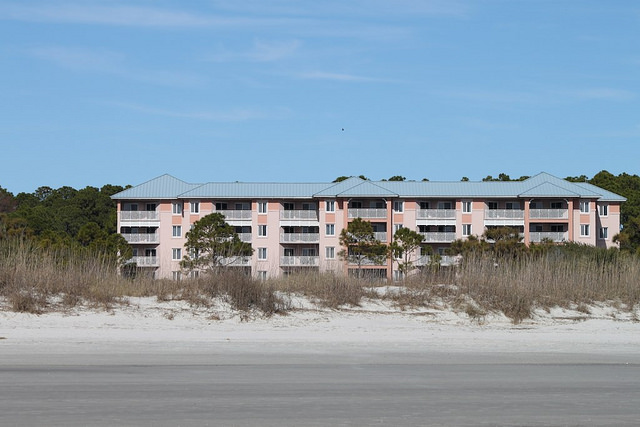Starting January 1st, 2025, Marriott Vacation Club resorts will implement new parking fees at most of their properties, marking a notable change in policy. To help you understand this new development, here’s an in-depth look at the fee, who will be affected, and what it might mean for Marriott Vacation Club and its guests.
Understanding the New Parking Fee
The parking fee, which is expected to be $25 per night per vehicle, will apply mainly to rental guests who book their stays through third-party platforms such as Marriott.com, using Bonvoy points, or other travel agent sites. Importantly, timeshare owners who make their reservations using ownership weeks are expected to be exempt from this charge, maintaining a key benefit of ownership.
This new policy is not entirely unprecedented, as parking fees are already in place for certain Marriott Vacation Club properties, such as those in Hawaii or highly urbanized locations. However, this change means the majority of Marriott Vacation Club, Sheraton Vacation Club, and Westin Vacation Club resorts will adopt parking fees for the first time.
Who Will Be Affected by the New Fees?
If you’re planning to visit a Marriott Vacation Club resort in 2025, here are a scenarios:
- Timeshare Owners: Your normal bookings using your deeded week or using Abound Club Points will not be affected by this new fee.
- Interval International Exchanges: Guests staying at Marriott-managed resorts using an Interval International exchange will not have to pay the parking fee.
- Rental Guests Renting an Owner’s Reservation: If the renter is being added as a guest on a reservation that was made by an owner using their deeded week or Abound Club Points, it’s expected that these reservations will be exempt from the new parking fees.
- Rental Guests Booking Through Marriott.com or Other Online Travel Agent Sites: Be sure to factor the parking cost into your trip budget when bringing a car, especially if you book through Marriott.com or a third-party service.
Reasons Behind the Policy Change
According to Marriott Vacation Club, the introduction of parking fees is aimed at offsetting rising operational costs, which directly affect owner’s maintenance costs, while preserving the quality of the resort experience. Marriott has clearly stated that the revenue generated will support efforts to minimize maintenance fees for owners.
Additionally, Marriott notes that parking fees are a common feature in many vacation destinations, particularly popular or high-demand areas. By aligning with industry practices, the company sees this as a way to create a sustainable revenue stream, which can enhance resort operations without placing the full burden on owners’ maintenance fees.
Broader Implications for the Industry
The new parking fee policy raises questions about the potential ripple effects across the timeshare and hospitality industry. Marriott has long been viewed as a leader in the timeshare industry. Their introduction of this fee could set a precedent, leading other vacation ownership brands to follow suit.
For Marriott itself, while the parking fees could provide a significant additional revenue stream to each resort’s homeowner’s association, meaning lower maintenance costs over time for owners. This could be a huge benefit to owners in a climate of rising operating costs and expensive insurance rates.
Final Thoughts
The introduction of parking fees at Marriott Vacation Club resorts represents a significant policy change that reflects the brand’s efforts to address rising expenses. While the fees will ultimately benefit timeshare owners by offsetting maintenance costs, the broader impact on the timeshare industry remains to be seen.
Be sure to check back on the A Timeshare Broker blog for the latest industry insights, how to guides, and resort reviews. Also, you can sign up for our free weekly newsletter to get all the latest developments delivered to your inbox.





